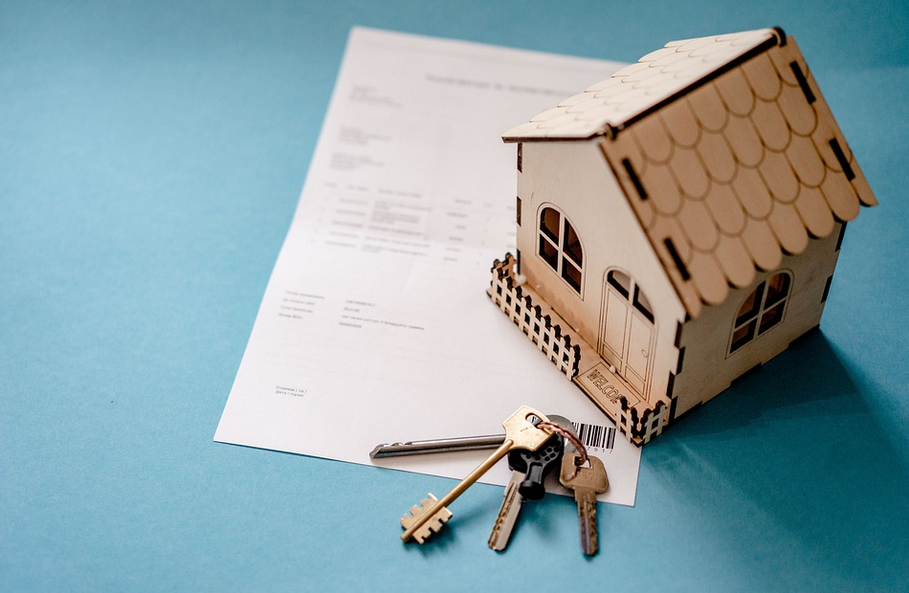Most homeowners are familiar with refinancing a mortgage loan, but many don’t realize how beneficial it can be for their long-term and short-term financial goals. Refinancing allows homeowners to take advantage of lower interest rates, pay off debt faster, or free up cash for other needs. Here are some tips on how to refinance a mortgage loan and the benefits associated with it.
Rate-and-Term Refinance

A rate-and-term refinance involves refinancing your mortgage to a lower interest rate, a shorter loan term, or both. This can be a good option if you’re able to secure a lower interest rate or shorter loan term that will result in significant savings over the life of the loan.
For example, if you have a 30-year mortgage with an interest rate of 4.5%, and you’re able to refinance to a 15-year mortgage with an interest rate of 3.5%, you could save tens of thousands of dollars in interest over the life of the loan. As a result, you can build equity in your home faster and pay off your mortgage at an accelerated pace.
Cash-Out Refinance
 A cash-out refinance involves refinancing your mortgage and taking out additional cash in the process. This can be a good option if you have built up a significant amount of equity in your home and you need to borrow money for a specific purpose, such as home renovations or debt consolidation.
A cash-out refinance involves refinancing your mortgage and taking out additional cash in the process. This can be a good option if you have built up a significant amount of equity in your home and you need to borrow money for a specific purpose, such as home renovations or debt consolidation.
Remember that a cash-out refinance will result in a higher loan amount and potentially higher monthly payments, so it’s essential to carefully consider whether it’s the right move for you. Most lenders will require a credit score of at least 620 and a debt-to-income ratio of 45% or less to qualify for a cash-out refinance.
Government-Backed Refinance Programs
Several government-backed refinance programs can help homeowners who are struggling to make their mortgage payments or have underwater mortgages.
These programs can offer more favorable terms, such as lower interest rates or longer loan terms, and may be available to homeowners who don’t qualify for a traditional refinance. Some examples of government-backed refinance programs include the Home Affordable Refinance Program (HARP) and the Federal Housing Administration (FHA) Streamline Refinance program.
The only downside to these programs is that they can take longer to process and may require additional paperwork. It’s essential to research the different government-backed refinance programs available in your area and contact multiple lenders to find out which one is right for you.
Refinancing your mortgage can be an excellent way to save money, reduce your monthly payments, or tap into the equity in your home. There are several ways to refinance, including a rate-and-term refinance, cash-out refinance, and government-backed refinance programs.



 be a facility that is nothing short of amazing. A reverse mortgage, also known as home equity conversion mortgage (HECM), is a loan facility that allows a borrower to transfer some home equity to a lender in exchange for cash without giving up the title of the property or making monthly mortgage payments. Reverse Mortgage Guide indicate that this facility is available to senior citizens who are above the age of 62 years. You are thereby granted money for a portion of equity in your home, and you get to keep your it for the rest of your life.
be a facility that is nothing short of amazing. A reverse mortgage, also known as home equity conversion mortgage (HECM), is a loan facility that allows a borrower to transfer some home equity to a lender in exchange for cash without giving up the title of the property or making monthly mortgage payments. Reverse Mortgage Guide indicate that this facility is available to senior citizens who are above the age of 62 years. You are thereby granted money for a portion of equity in your home, and you get to keep your it for the rest of your life. hly mortgage payments could be stressful and strenuous especially when you do not have a consistent source of income. The beauty of reverse mortgage is that you are not mandated to pay the monthly installments for as long as you live. Loan repayment is also payable when you sell the home or move out to another primary home.
hly mortgage payments could be stressful and strenuous especially when you do not have a consistent source of income. The beauty of reverse mortgage is that you are not mandated to pay the monthly installments for as long as you live. Loan repayment is also payable when you sell the home or move out to another primary home.

